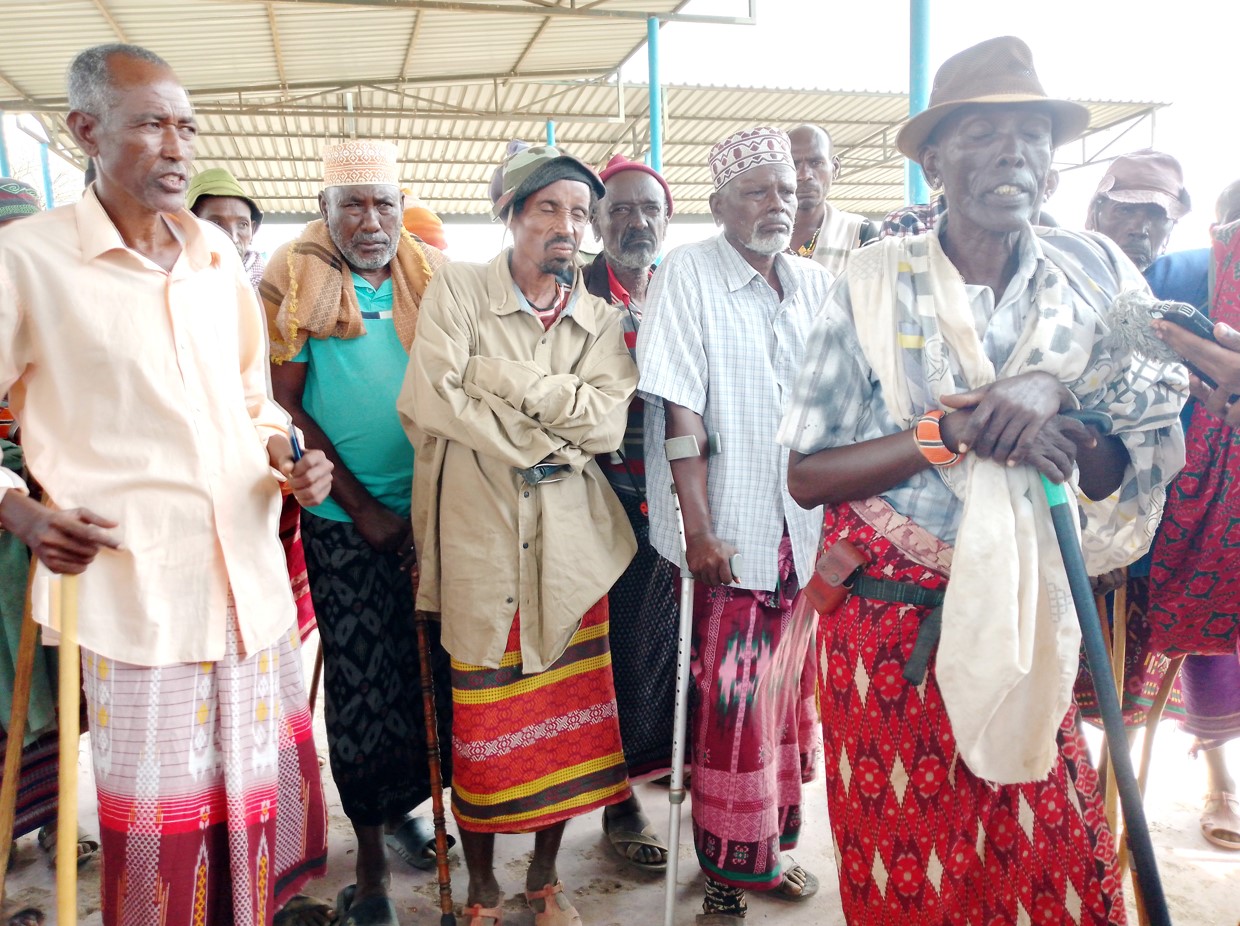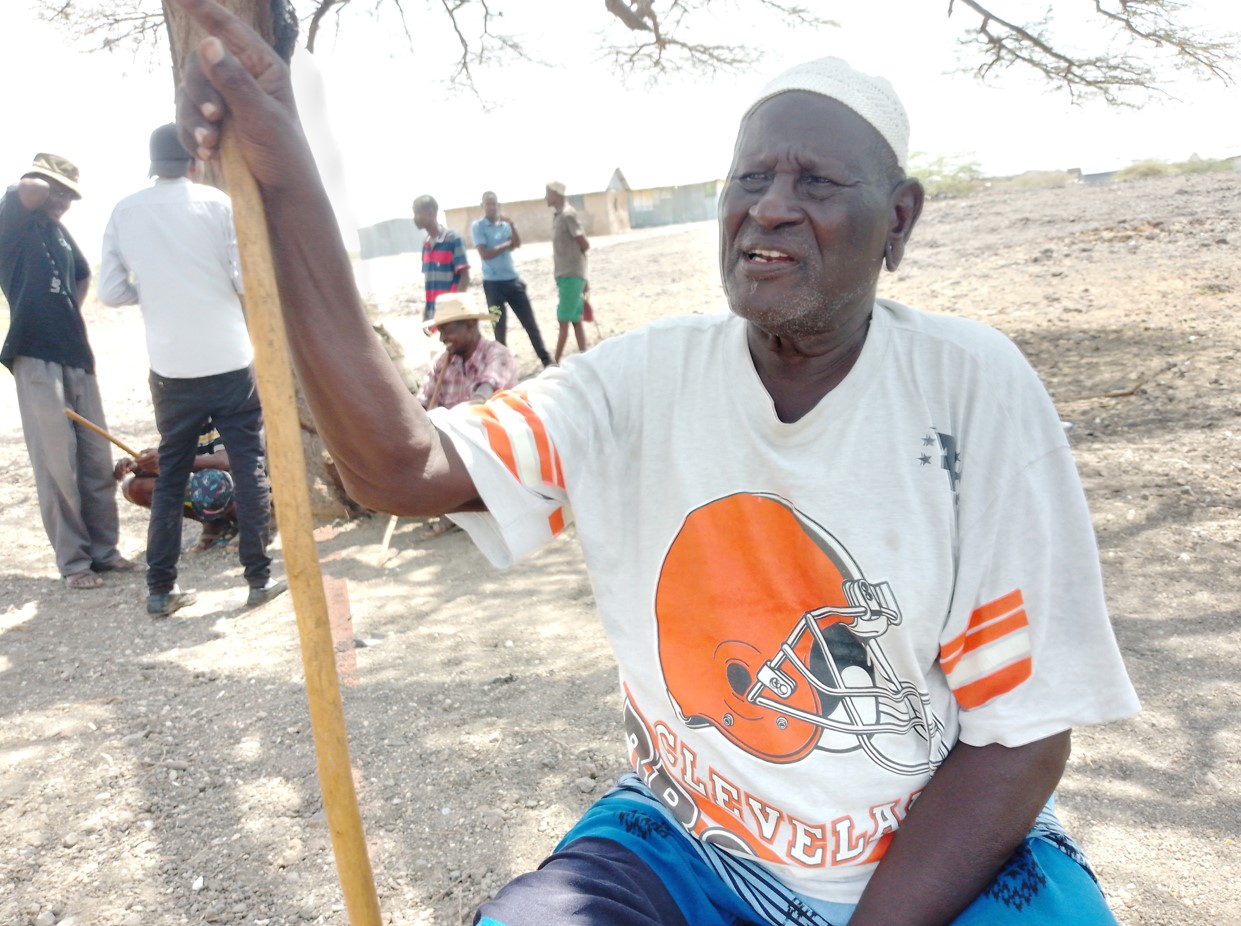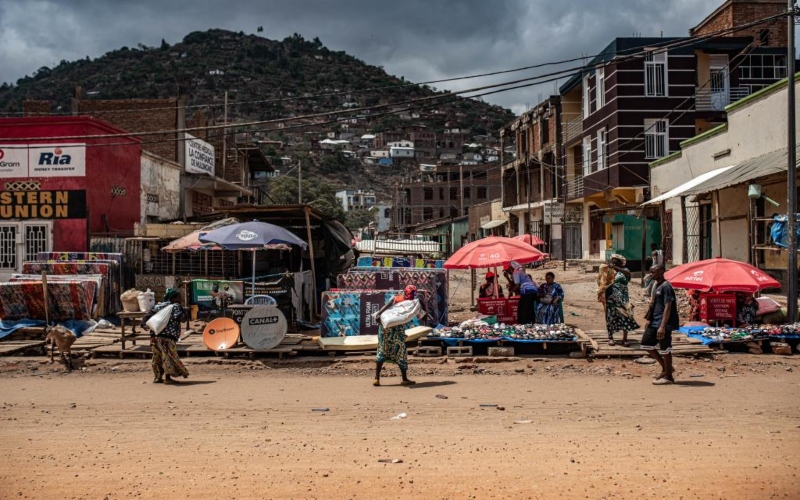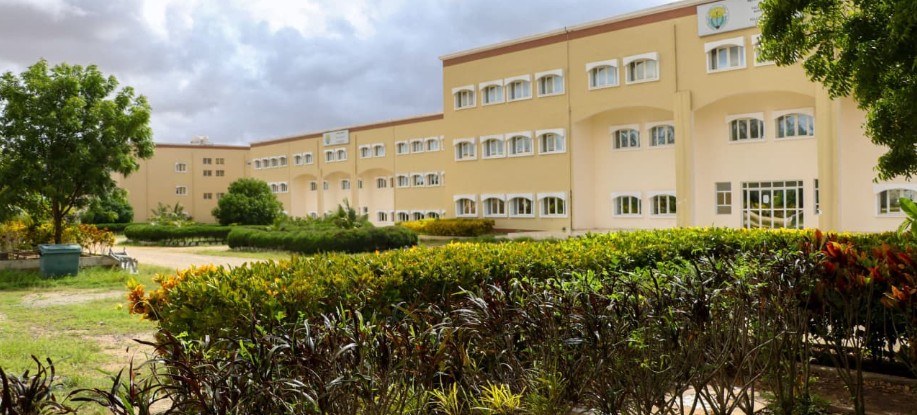Cancer ravages residents of Marsabit County amid deficient health facilities

Due to the stigma associated with the disease and the local community’s traditional way of using herbs to treat various ailments, many discover they are sick when the disease is already at an advanced stage.
Esman Ragolee from Kargi/South Horr ward in Marsabit County is a horrified man. He has in the last two months been experiencing pain in his belly, a symptom he says his late mother had complained of for some time before she died of cancer.
His sister-in-law experienced pain in her ribs and could not swallow anything solid by the time she succumbed to throat cancer, with both deaths occurring two years apart.
More To Read
- Marsabit residents to benefit from modern healthcare as Sololo Level 4 hospital opens
- Kindiki unveils Sh1 billion plan to power 6,100 Marsabit homes
- Marsabit residents demand reopening of Hillo gold mines amid hunger and job loss
- Judge suspends key Marsabit Assembly committees over alleged illegal formation
- Study shows women under 50 face higher risk of colon growths from ultra-processed foods
- Study reveals why colorectal cancer resists immunotherapy
“I have been using some herbs but the pain has persisted. I am in fear because my mother exhibited the same symptoms before she died,” he told The Eastleigh Voice, revealing that she died of stomach cancer.
His story is not different from that of Jeremiah Semeiko, who lost his wife to liver cancer.
A screening at a health facility in Mt Kulal, Loiyangalani where his wife was referred to after visiting the local Kargi dispensary confirmed the presence of cancerous tissue in her liver.
“They told me to take her back home only to lose her two weeks later. I am worried I could also be sick,” the widower said.
Due to the stigma associated with the disease and the local community’s traditional way of using herbs to treat various ailments, many discover they are sick when the disease is already at an advanced stage.
With specialists previously based at the Mt Kulal facility having returned to their countries, the screening machines lie idle, forcing patients to visit Marsabit County Referral Hospital where cancer screening is done.
In cases where advanced screening is required, samples are sent to the regional Cancer Centre in Meru town, over 300 kilometres away, and results take weeks to be released.
Cancer is prevalent in Kargi, Maikona, Dukana, Bubisa, Loglogo, Kalacha, and Korr areas of Marsabit, which is attributed to the underground water the residents consume.
The water is believed to have been contaminated by toxic nuclear waste allegedly dumped in the region by multinational companies on oil exploration missions between the late 1980s and early 1990s.
A 2010 report by Greenpeace, an environmental NGO, showed that 10 million tonnes of toxic waste were shipped from Europe to Africa between 1988 and 1994 and that the vessels were sent to Somalia, Kenya, and the Democratic Republic of Congo.
With pastoralism being the main economic stay in the region, the majority of the families have been impoverished after selling off their animals to support the treatment of their kin, only for them to die.
Ngala Choiya Noor, a retired Kenya Wildlife Service employee, lost his first wife Madina to the disease despite selling three camels to facilitate her treatment at the Mt Kulal facility and a private hospital in Wamba in the neighbouring Samburu County.
 Ngala Choiya Noor, a retired Kenya Wildlife Service employee who lost his wife to cancer, during an interview in Kargi, Marsabit on July 7, 2024. Photo: Waweru Wairimu
Ngala Choiya Noor, a retired Kenya Wildlife Service employee who lost his wife to cancer, during an interview in Kargi, Marsabit on July 7, 2024. Photo: Waweru Wairimu
He said he has been facing challenges in fending for the family and paying school fees for his children after losing his 700 goats to nitrite poisoning in three years after they consumed water from a local borehole.
“Both humans and animals are under immense threat. Our livelihoods have been threatened and a cloud of poverty has covered us,” he said.
Assunta Galgithele, who served as a nurse at Kargi Health Centre for 10 years, revealed that the disease claimed hundreds of lives in the area between 2003 and 2013 when she worked there, with throat cancer being the most prevalent in the county.
Cancer has killed more than 500 people in the area, according to health records at the dispensary and data from church officials who have documented details of the deceased persons.
“A lot needs to be done because many of the families are unable to ferry their loved ones for treatment to Meru Cancer Centre or Kenyatta National Hospital. Those with some resources exhaust them on treatment, only to lose their loved ones,” Galgithele said.
The nurse also called for regular mass cancer screening within the hotspots and the recruitment of oncologists to provide cancer care.
Data from the National Cancer Institute shows less than 100 oncologists are serving 55 million Kenyans, presenting a specialist-patient ratio of 1:540,000.
“The county and national governments should also provide free psychosocial support to families that have lost their loved ones to the scourge to enable them to beat stigma,” she said.
Despite past assessments of the water showing it contained high nitrite, sodium chloride, and dissolved solids above the World Health Organisation’s recommended values, no interventions have been made by the government, leaving trails of orphans, widowers, and widows.
Following research, a team from the Water Resources Authority had in a February 2009 report found the water in local boreholes unfit for consumption.
Two years earlier, an assessment by Global Concern had found high levels of nitrate, nitrite, and arsenic in the Kargi water, with nitrite pointed as the likely cause of livestock deaths.
Cancer is Kenya’s third killer disease after infectious and cardiovascular diseases and remains a major public concern in Kenya.
Lamenting the government's laxity in arresting the situation, the residents of Marsabit County pointed at the water they consume as the most likely cause of the rise in cancer cases, downplaying the use of tobacco being among the main causes of the disease.
Semeiko called for the establishment of a screening and treatment centre in the county to rid families of the burden of traveling to other counties for treatment.
“The centre will encourage people to go for screening which will help in early detection of the disease,” he said.
He called for increased sensitisation on the causes of cancer and how it can be prevented. He also said the government should compensate families that had lost their loved ones to the disease.
The Rendille community has petitioned Parliament to order a thorough probe into the alleged disposal of waste which is blamed for the cancer prevalence and legal action taken against those found culpable.
Top Stories Today














































